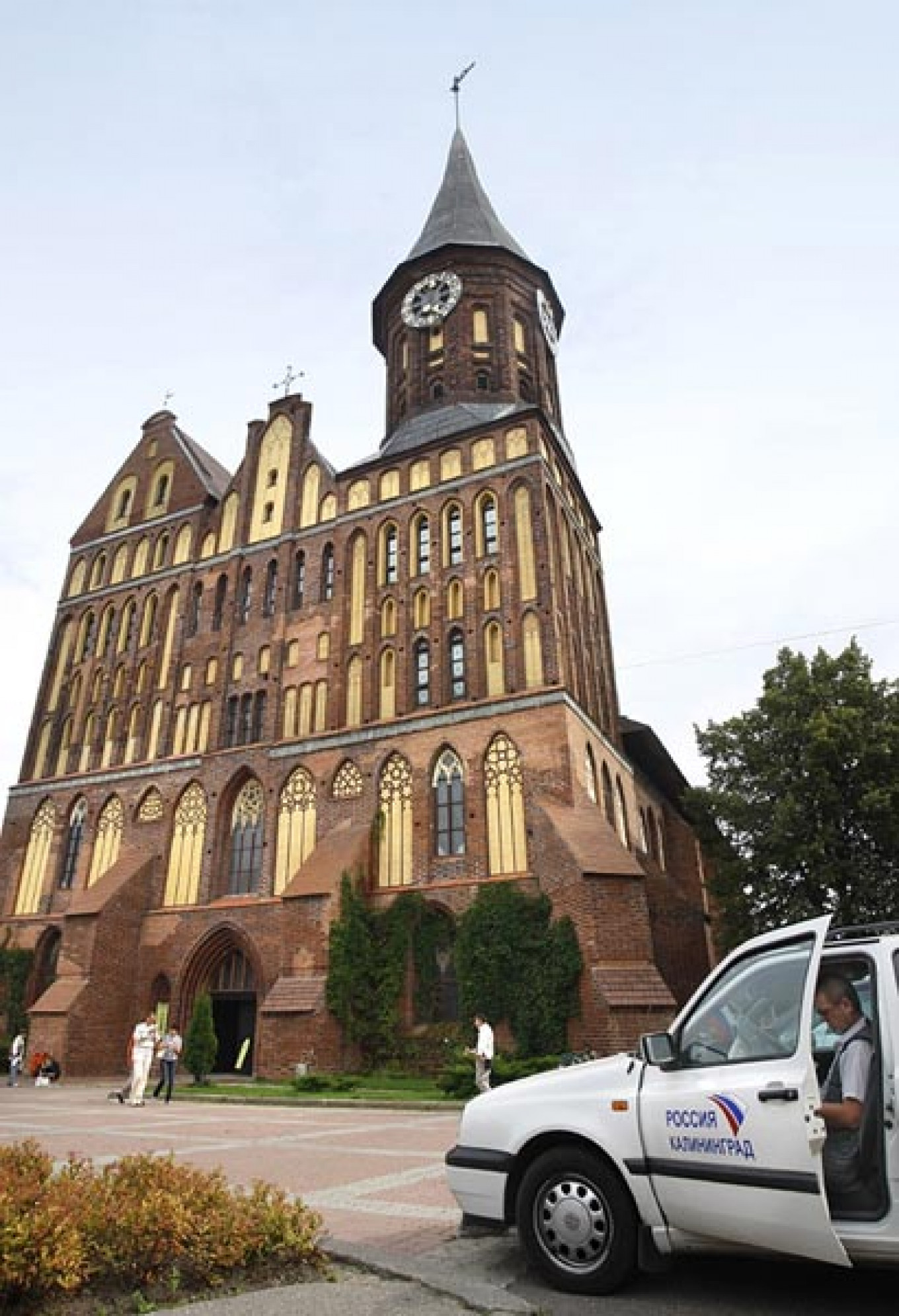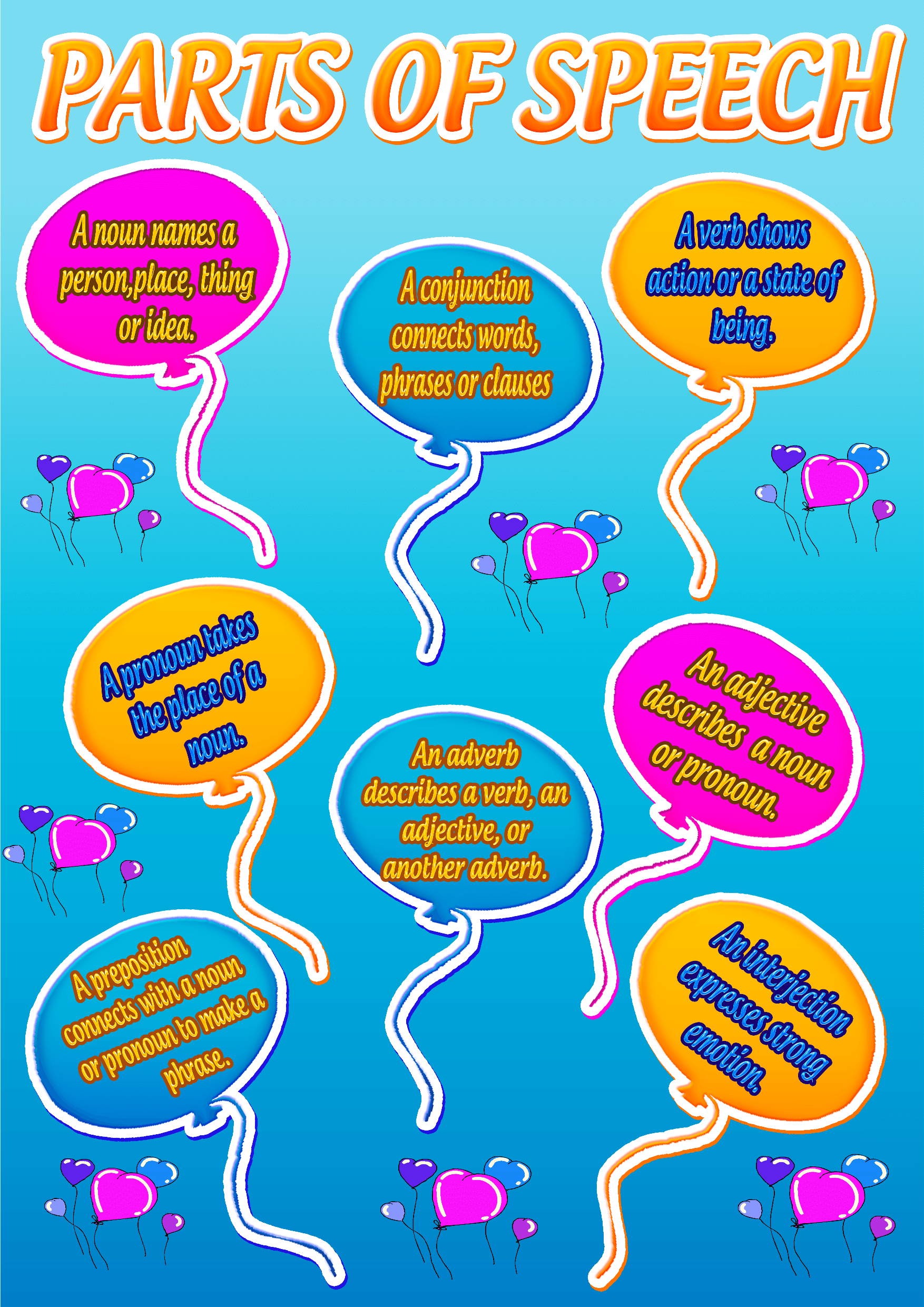

They can also show a sentence subject’s state of being ( is, was). Verbs are words used to describe what happens (action) in the sentence. We can add an apostrophe (‘s) to make most singular nouns possessive form. For example, a flock of sheep, a swarm of bees and a team of players.Ī possessive noun refers to a word that identifies who or what owns something. Names of people or places such as your name, your sister’s name, your mother parents.Ĭollective nouns are used to name a group of persons, places, animals or things. Common nouns are words of naming that are commonly used by objects, people, and animals. Common nouns don’t refer to any specific individual, location or thing. They are general terms. Therefore, they cannot be capitalized unless they are used to begin an entire sentence. For instance, girl, boy doctor, town, city dog, car and others. Noun example sentencesĬommon nouns are the simplest form of nouns. Noun Examplesīall, Jeffrey, cat, Korea, pen, mother, New Year, Lahore, dog, cat, elephant, bat, garden, school, Eid, work, music, town, America, Manila, teacher, Madinah, farmer, Bob, Sean, feet, Michael, police officer, air, France, coffee, football, danger, classroom, happiness wedding, Christmas. Each has a distinct function, so let’s examine this in greater detail. There are many different subcategories of nouns, such as the proper noun collective noun, the possessive noun, and the common noun.

In general, anything that names a “thing” is a noun regardless of whether it’s a basketball court in San Francisco, Cleopatra, or self-preservation. We can define a noun as, a noun which is a word that names person, place, object or concept. This will enable us to understand better how sentences are constructed and how all the parts of speech function. This chapter will look a bit more closely at the various components of speech like the verb, noun, and adjective. Closed classes of words include:Įxplanation of Different Parts of Speech (with Examples) Open classes of words include:Ĭlosed Classes: Closed classes of words do not allow new members and usually involve grammatical rather than lexical terms. Open Classes: Open classes allow new members through borrowing (for example, the noun cafe) and derivation (for example, the adjective bounteous from the noun bounty). The run is lexeme which is a simple version of the term. Both words are variations from the same word. When we examine the situation more closely at the details, we can see that ran and running are derived from run, which is the exact verb. For example, every one of us will be able to agree on the number of words that appear in this sentence:Īmelia ran 9 kilometers yesterday, but she’s only running 3 today. Words are an everyday word that is used by all of us every day.

In linguistics, we distinguish lexemes and words.


 0 kommentar(er)
0 kommentar(er)
